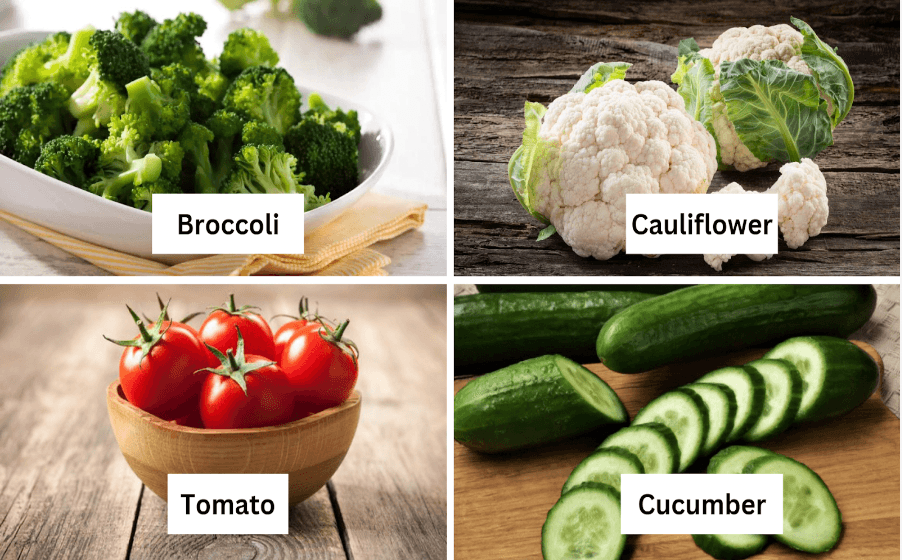Urgent Prostate Warning: 7 Drinks to Avoid with an Enlarged Prostate!
An enlarged prostate, known as benign prostatic hyperplasia (BPH), is a common condition affecting many men with age. While medications and lifestyle adjustments help, dietary choices—specifically beverages—can be crucial in managing symptoms. Surprisingly, some everyday drinks can exacerbate these symptoms.
In today’s guide, we dive into seven drinks you should avoid for better prostate health. Let’s explore these, beginning from number seven to number one, where we reveal the most impactful drink.
Fizzy drinks like sodas and even sparkling water can lead to increased bladder pressure, causing frequent urination that worsens prostate symptoms. Carbonation, often coupled with caffeine and artificial sweeteners, adds to bladder irritation. Opt for still water or teas, which are more prostate-friendly.
Whether it’s your morning coffee or tea, caffeinated drinks act as a diuretic, increasing urination frequency and potentially causing bladder irritation.
Caffeine disrupts your sleep cycle, a crucial aspect of overall well-being. For those with prostate issues, consider reducing caffeine or trying decaffeinated versions. Herbal, anti-inflammatory teas serve as a great alternative.
Consumption of alcohol can exacerbate prostate symptoms. Alcohol irritates the bladder and disrupts hormonal balance while dehydration aggravates urinary tract irritation.
Juices like orange and tomato are high in vitamins but also high in acidity, irritating the bladder and worsening prostate symptoms. Opt for low-acid juices like apple or pear, or whole fruits for benefits with less irritation.
Though marketed as healthier, artificially sweetened drinks can be equally harmful to prostate health. Artificial sweeteners such as aspartame and sucralose can increase bladder irritation. Natural sweeteners like honey or Stevia are preferable, yet it’s best to avoid sweeteners altogether when possible.
Dairy products, especially those rich in fat, may lead to bodily inflammation, potentially aggravating prostate conditions. Dairy alternatives like almond or soy milk, which don’t carry these inflammatory properties, are recommended.
Sugary drinks, from sodas to sweetened teas, are detrimental to overall health, contributing to systemic inflammation and worsening prostate symptoms. Additionally, they can cause spikes in blood sugar associated with diabetes, a risk factor for prostate complications.
Instead, rehydrate with water. Add a slice of lemon or cucumber for flavor without added sugars.
In conclusion, keeping an eye on dietary choices and reducing intake of these harmful beverages can significantly better your prostate health and overall wellness. For further tips on healthy eating and lifestyles, visit our website for more resources, including a detailed diet plan specifically crafted for lasting health benefits.
From Around The Web
Wellness Inbox is a blog & weekly newsletter that curates trending news and products related to health and wellness from around the web. We also gather content from various sources, including leading health professionals, and deliver it directly to you.
Please note that we may receive compensation if you purchase any products featured in our newsletter. Wellness Inbox is not affiliated with, nor does it endorse, any health professionals whose content may appear in our newsletter. The information provided is for general informational purposes only and should not be considered medical advice.
The information provided is not intended to replace professional medical advice, diagnosis, or treatment. All content, including text, graphics, images, and information available is for general informational purposes only. We do not guarantee the accuracy or completeness of any information presented and assume no liability for any errors or omissions. The content is subject to change without notice. We encourage you to verify any information with other reliable sources and consult your physician regarding any medical conditions or treatments.






